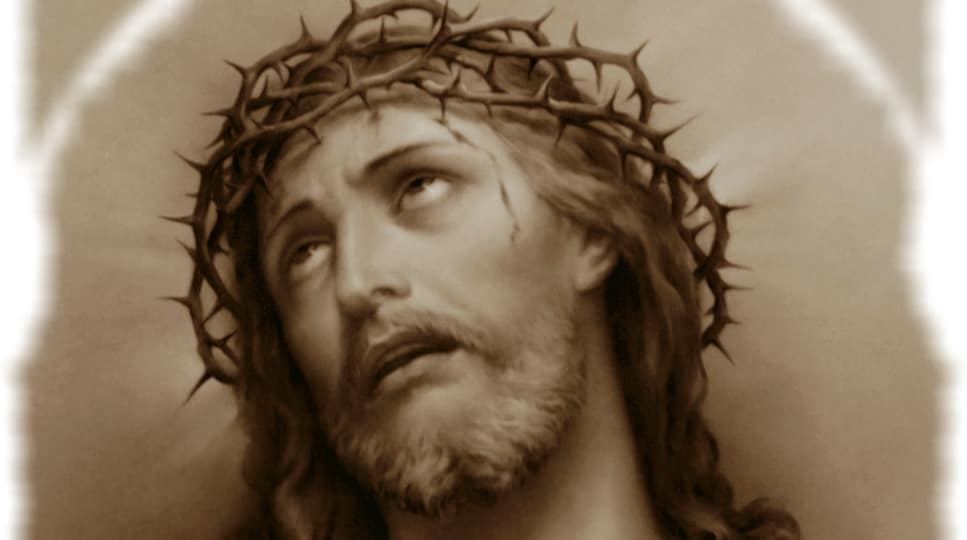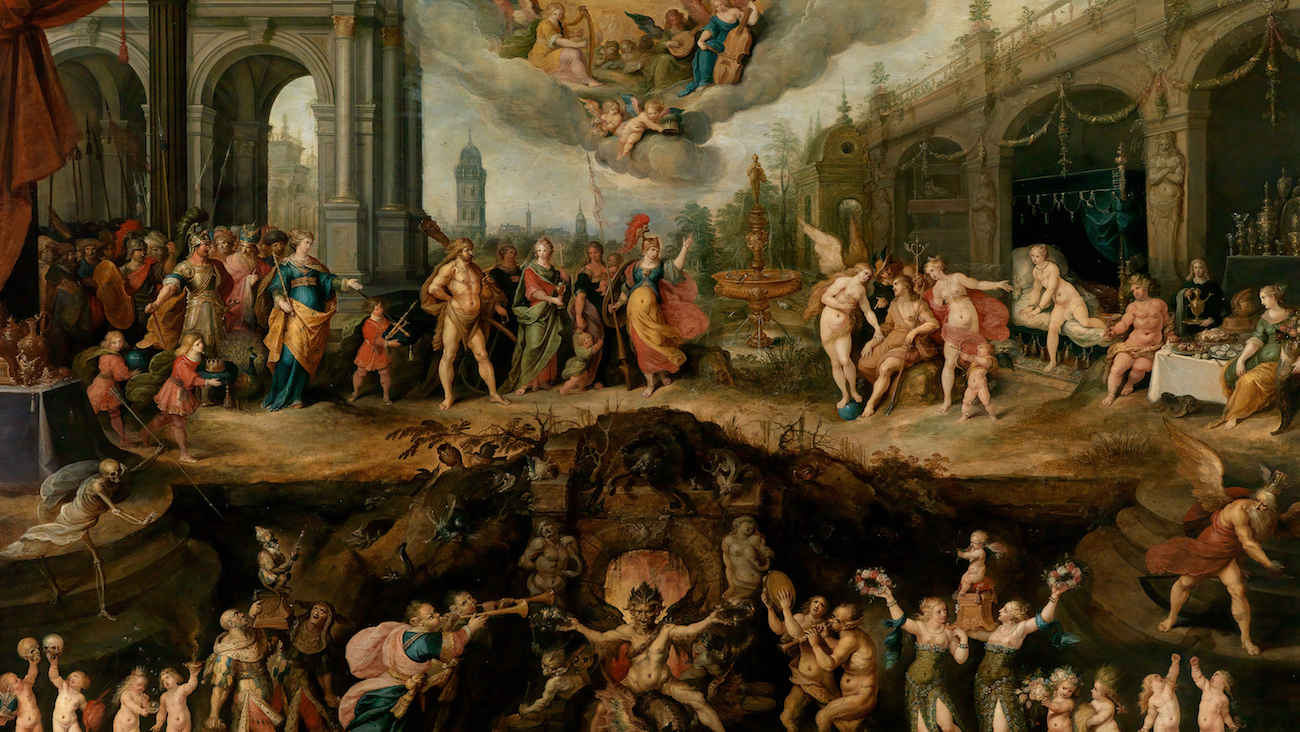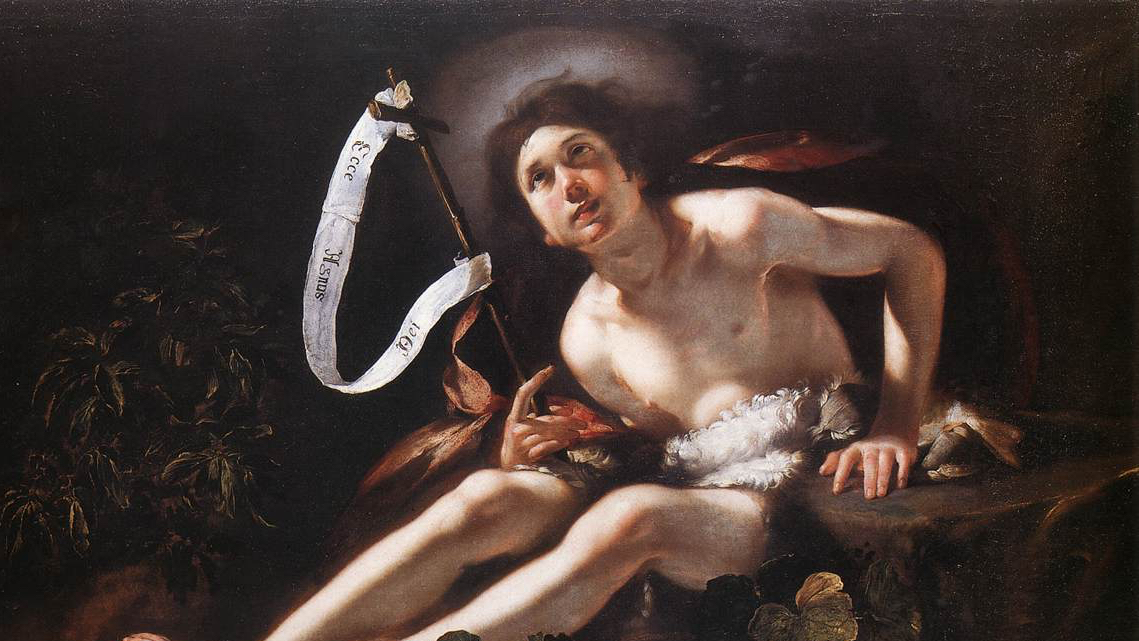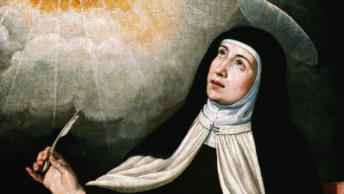Take my yoke upon you and learn from me, for I am meek and humble of heart; and you will find rest for your selves. (Matthew 11:29)
It is trendy, nowadays, for farmers such as those in my native province of Treviso, Italy, to hang yokes on the walls of their porches as a reminder of how hard farming was before tractors of all sizes began to make it lighter, more efficient and more productive.
Oops, I just gave away my age. A yoke is a beam of smooth hardwood about 4” thick and shaped like two flattened omegas joined together (WW) for the purpose of employing the might of two oxen or two other strong animals (e.g. buffalos) to pull farm implements. When I was a kid I also saw yoke-hitched oxen pulling upstream on the Sile River barges laden with soybeans, sunflower seeds and corn. But, even while leisurely hanging on a wall, yokes remain a powerful reminder of very hard, even harsh work and sweat.
Hence we must dwell on these words of Jesus: “For my yoke is easy and my burden light” and find out, if possible, how our “yoke,” i.e. our cross, can be construed as “easy” and its burden “light.”
The passage of the Gospel in which Jesus’ yoke is mentioned (Matthew 11:25-30) begins with Jesus unable to contain his joy because the Father in heaven had closed the eyes of the haughty and the arrogant (wise and learned) to the mighty deeds that he is performing. And, at the same time, he praises the Father for revealing to the childlike (the little ones) all those comforting and reassuring signs that make the carrying of Jesus’ yoke manageable to the point of being “easy” and its burden “light.”
We start from this solid notion: “Amen, I say to you, unless you turn and become like children, you will not enter the kingdom of heaven.”
The little ones are the only ones on the right path to inheriting the Kingdom of Heaven. Their inner disposition is such that the yoke they put on their neck and shoulders is the one that Jesus offers them. This is a huge factor especially if we compare Jesus’ yoke to the one that the wise and the learned choose to shoulder.
Those who are comfortable with their limitations; go about their work diligently and responsibly, one day at the time; can laugh about their mistakes; turn a blind eye to the wrongs of others and do not draw attention upon themselves, make their cross considerably lighter.
- They do not torment themselves thinking of how they can cover up their shortcomings and flaws; do not have to worry about fame, recognition, accolades, status; do not focus on tidying their appearance and feeding their self-importance.
- Their cross is simply the heavy one that our fallen nature turns out: having to work hard to make ends meet, big and small health issues, misunderstandings, incomprehension and struggles in relating to co-workers, family members and others.
- They know the Son and, through the Son, they know the Father as well.
- They talk to him directly and/or through the Blessed Mother and their favorite Saints.
- They ask for help, for light, for guidance, for protection, for comfort and for enough confidence in his divine care for them to be able to lead reasonably serene lives.
- Whenever they labor and are burden, they seek rest in the Lord.
Thus the little ones, the childlike lead lives that other believers must find enviable. For inspiration, hopefully we too can spot some little ones, some childlike in our family, in our workplace, in the community and in our church.
If, thus far, we have tried to “keep up with the Joneses,” had the tendency to be stuck up and have made our status felt on others below us, aided by a gust of rare wisdom, we should toss all this arrogance aside to lighten our cross.
Then, we would be ready for Jesus to make our yoke lighter yet.
“Come to me, all you who labor and are burdened (by your weariness, your restlessness, your anguish, your fear, your worrying) and I will give you rest.”
This is quite an unusual invitation.
We have heard it read in church countless times; we read it on our own in private just as many times but, perhaps, we have yet to allow it to penetrate into the depth of our mind to truly capitalize on it. The first time that Jesus uttered it, those who were laboring and burdened by a lot of things must have walked up closer to him and found rest in him and in his teachings and merciful deeds.
But, how can we, nowadays, heed his invitation? Do we have to go to a church? Do we have to go to the Vatican or to a secret place where Jesus might be found for sure? No! We have simply to direct our thoughts to our heart.
“Whoever loves me will keep my word, and my Father will love him, and we will come to him and make our dwelling with him.” (John 14:23)
In our heart we will discover also all those wondrous deeds of power and love that Jesus has been doing for us, but that we had failed to recognize because we were not yet childlike, not possessing the inner attitude of the little ones. Since ages past, wise farmers have been pairing an older, experienced ox with a younger, inexperienced, rebellious one. Eventually, by being hitched to the same yoke, the younger ox is bound to acquire the good attributes of the older one.
“And learn from me, for I am meek and humble of heart”
In our heart Jesus’ meekness and humility will rub off on us and we will realize that we are never alone in shouldering his yoke. Because of his promise, we shall find out that we are paired with him anytime we visit our inner self and we allow his words to ignite our hearts and fill them with patient endurance and unquenchable hope.
Meekness and humility are the scarcest virtues on the face of the earth. However, meekness and humility are the secret attitudes that make our cross lighter, bearable. Paired with him, we will learn from Jesus to be meek and docile in bearing our cross confirmed in the certainty that the Father has recorded all our nervous wanderings and collected all our tears. (cf. Psalm 56:9) We will also pick up from him how to be humble and patient, enduring all that life throws at us, because we have been already assured that we shall be exalted when our cross becomes a crown of glory.








